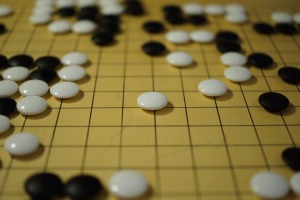Introduction
Current news headlines of populations on the move into Europe have drawn attention to a previous era in European history, one in which mass migrations of foreign peoples played a major role. The Roman Empire of the fourth and fifth centuries was faced with these very challenges from the movements of Germanic tribes, as well as Avars, Bulgars, and Huns.
As I looked more into the details of this period of history, I was struck with how resilient and stable the Empire’s organization was. There is vast ignorance of this period of history, even (or especially) among Europeans. While it is often portrayed as an age of continuous decline and decadence, this picture is not the whole truth.
The civil and military organization established by Constantine was wise and enduring, and it deserves to be better known. It stands in stark contrast to the ineptitude and feebleness of the heads of state in modern Europe.
This article is technical in nature, and will be of interest to the few, rather than to the majority. Those comprising the latter group may wish to pass on this post, and spare themselves some heaviness of the eyelids.










You must be logged in to post a comment.